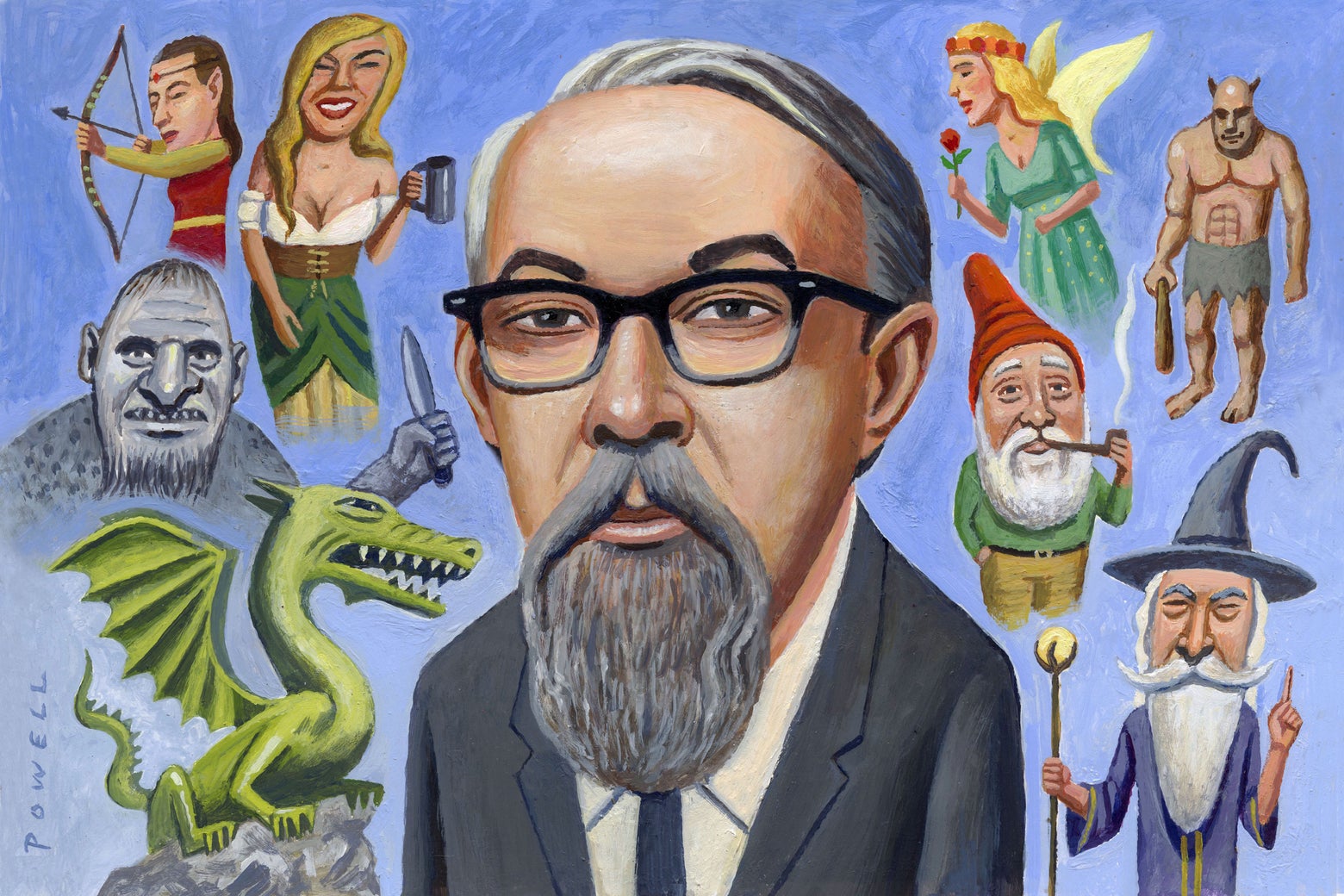They disparage it because it's not got much to offer that earlier and later works don't offer better versions of. I don't think that's unfair. Books can be historically important without necessarily being terribly worth reading (indeed as we have discussed in this thread).
Further it is I think at least somewhat fair to say that Shannara is the ne plus ultra of LotR derivative-ness, in that it is literally inspired by what was once a common odd interpretation/misunderstanding of LotR, that being that LotR was set in a post-apocalyptic future, rather than in a mythic quasi-past as Tolkien actually intended. This might seem like a strange notion, but it was certainly the case, in the 1950s through 1970s and indeed was discussed in the BBC documentary series The Worlds of Fantasy (2008), which unfortunately does not seem to be available anywhere (except perhaps in Tortuga, as it were)
As for Shannara single-handedly establishing doorstopper fantasy as a genre, I've never heard that claim before, but the timing more or less works, so I can't say it's implausible. If you across any articles discussing that aspect of things, I'd very interested to read them, because I'm generally interested in the history of the fantasy genre!



